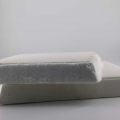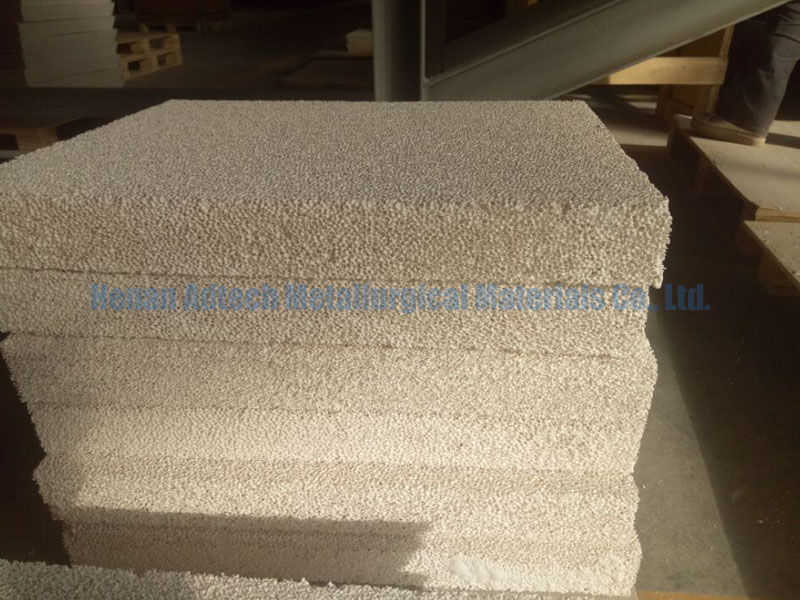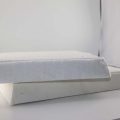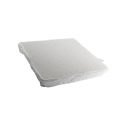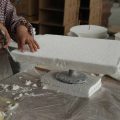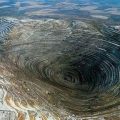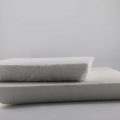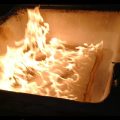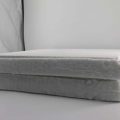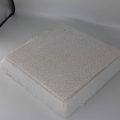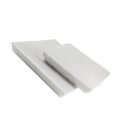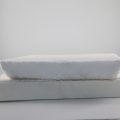Casting Filters Production is installed on the CFF BOX machine to filter the liquid impurities in the aluminum alloy to meet the high value-added, high-tech performance aviation, transportation and other aluminum alloy precision casting production.
The filtration purification method is to filter out impurities, gases and certain harmful elements in the aluminum melt through a filter (main body) during the process of casting or casting salt.
The principle is adsorption filtration and mechanical filtration.
Greatly improve the mechanical properties of aluminum alloy filter castings, and can increase the strength, toughness and elongation.
After filtering the molten aluminum, the quality of ingots and castings is also greatly improved.
There are many lead melt filtering materials, such as glass cloth, refractory fiber mesh, magnesium fluoride, calcium fluoride and so on.
For Asian casting filter agents, please contact the Chinese manufacturer sales@adtechamm.com
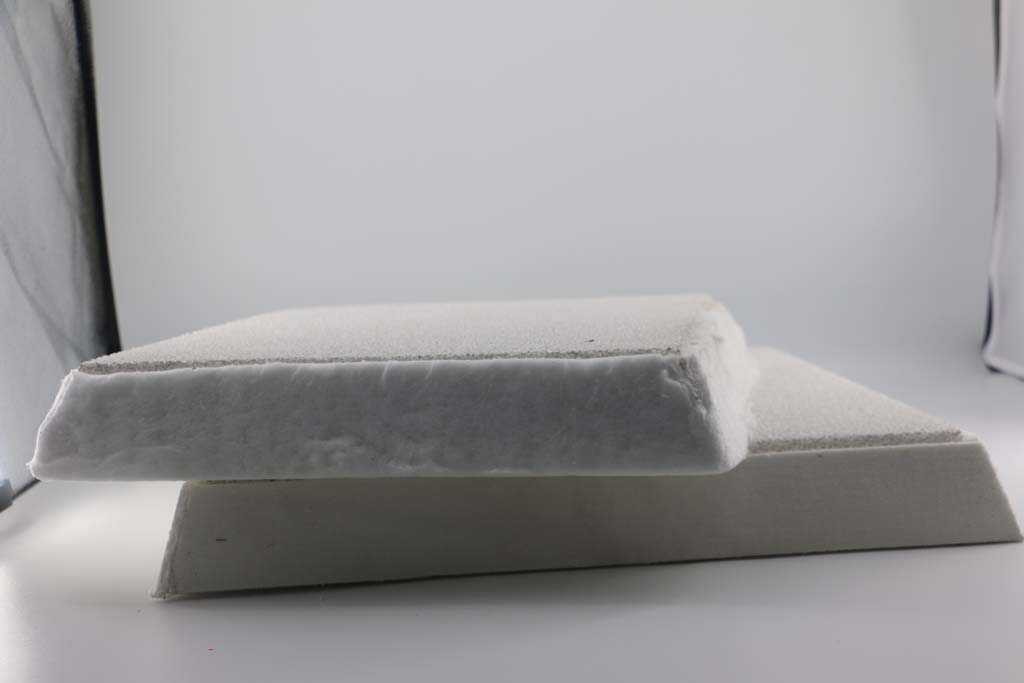
In the aluminum melting and casting process, the purity of the aluminum melt is related to the metallurgical quality of the ingot.
The most common filtering method is to use a filter plate to filter out the impurities in the molten aluminum. Usually, Casting Filters Production is placed directly in the filter box for filtering.
Liquid aluminum filter box is an auxiliary tool that can improve this situation. We placed the filter plate in the liquid aluminum filter box. The molten aluminum has been repeatedly filtered through several layers of filter plates, which greatly improves the metallurgical properties of the ingot. quality.
Inclusions and gases in the metal will seriously affect the strength, fatigue resistance, corrosion resistance and stress corrosion cracking performance of the material.
Effective control of oxidized inclusions in the melt to improve the quality of cast rods and rolled plates has become a common goal pursued by all countries in the metallurgical, casting and material industries.
The 30ppi ceramic filter foundry can remove most of the inclusions in the aluminum alloy melt.
Aluminum and its alloys are prone to oxidation and gas absorption during the smelting and casting process, and defects such as inclusions and pores are easily formed during the die-casting process, which is not conducive to the alloy structure, thereby reducing the mechanical properties and corrosion resistance of the alloy. And reduce output.
Therefore, reasonable control of the smelting process and improvement of the quality of the aluminum melt are the key to improving the quality of aluminum die castings.

